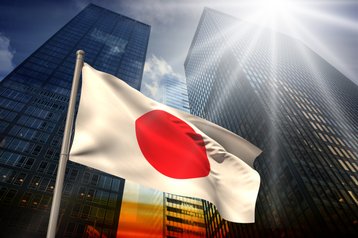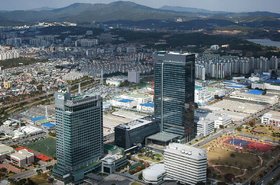Japan’s new industry minister Ken Saito has doubled down on the government’s pledge to support the country’s domestic chip manufacturing industry.
His comments come at the end of a year where the country has received a significant amount of government subsidies and company investments, including chipmakers Micron announcing plans to invest up to $3.6 billion to bring extreme ultraviolet lithography (EUV) to Japan and TSMC pledging about $7.4 billion to set up a second semiconductor manufacturing plant in the country.
The Japanese government pledged $532 million in April for projects to develop and make next-generation chips in the country. This included a deal with Rapidus to make 2nm chips in Japan by 2025 and was followed by Japanese semiconductor equipment maker JSR accepting a buyout offer of $6.4 billion from the Japanese government in June.
In November, the government further announced it would be allocating around $13.3 billion to boost its domestic semiconductor industry, funding which is expected to be split between manufacturing and R&D.
"The speed of policymaking and execution, which could be called the world's fastest, has led to concrete results beginning with the decision on the location for TSMC," industry minister Ken Saito said, in comments reported by Reuters.
"It is my job to continue and expand upon the sense of speed that former minister [Yasutoshi] Nishimura has built up," he added.
As a result of being caught in the crosshairs of the ongoing trade war between the US and China, Japan has also sought to shore up its political partnerships as a means of strengthening its global standing in the semiconductor space.
In July, the EU-Japan Digital Partnership was formed to improve cooperation between the two regions, focusing on issues relating to undersea cable connectivity, investment in quantum and high-performance computing (HPC), and AI regulation. The two governments also pledged to monitor the global chip supply chain and provide support to Japanese semiconductor companies looking to operate within the EU.







